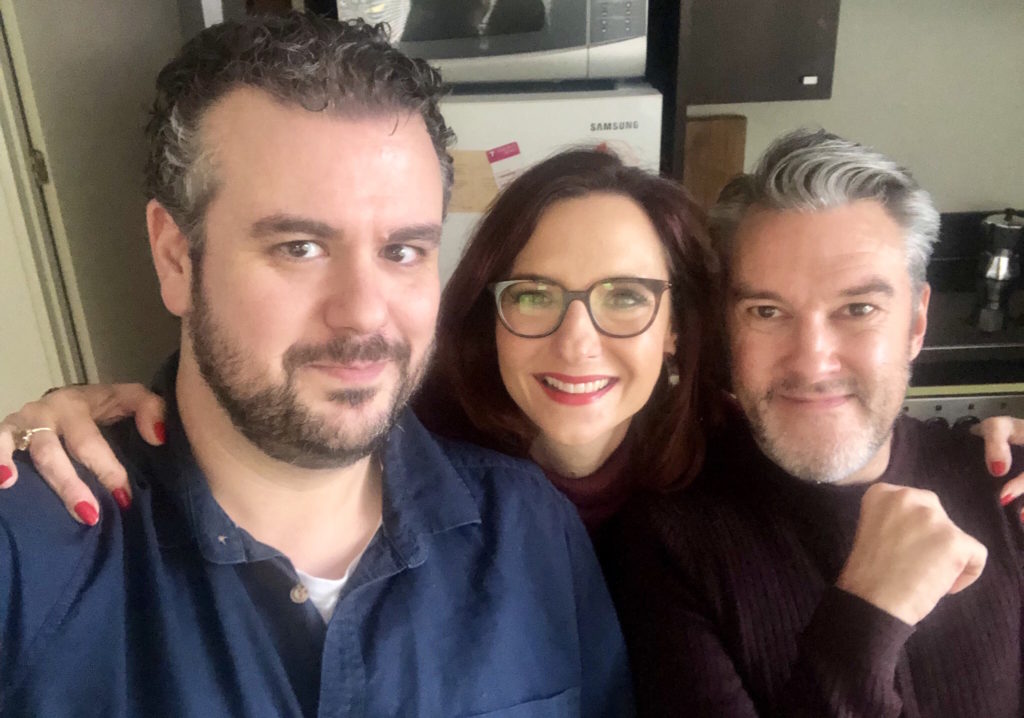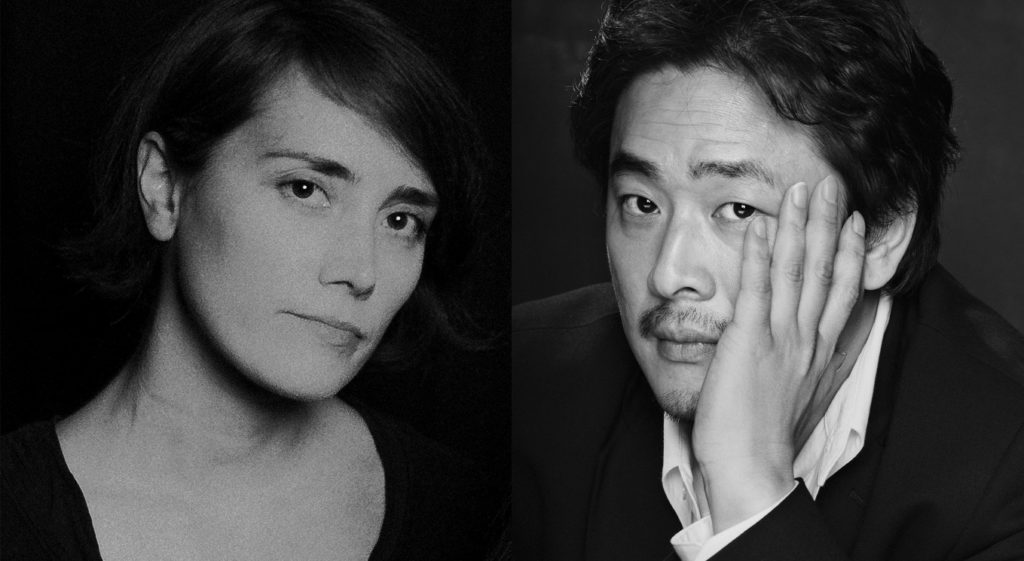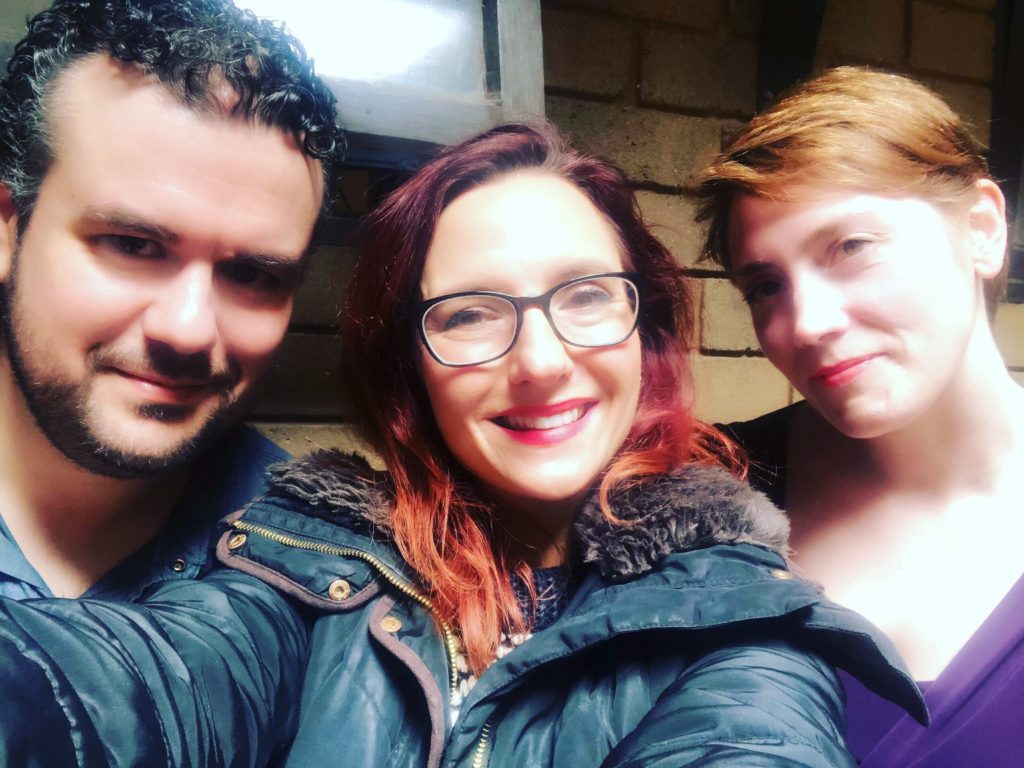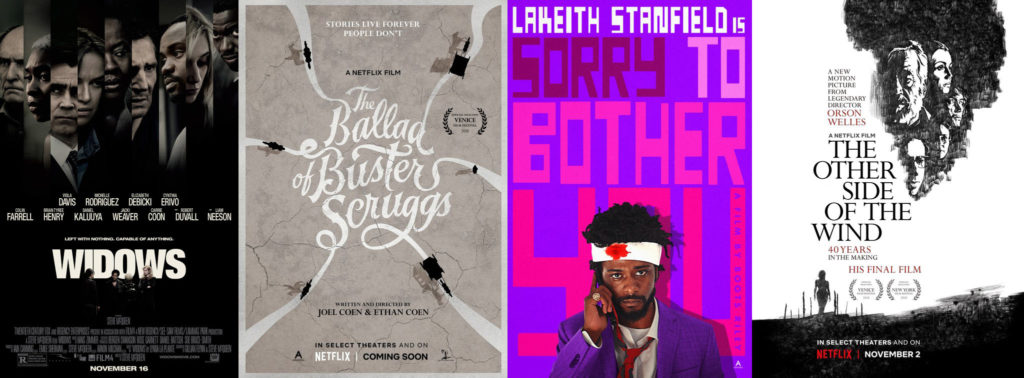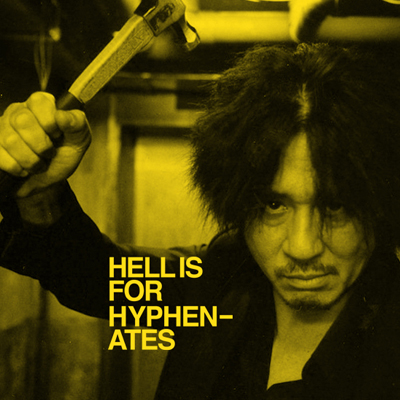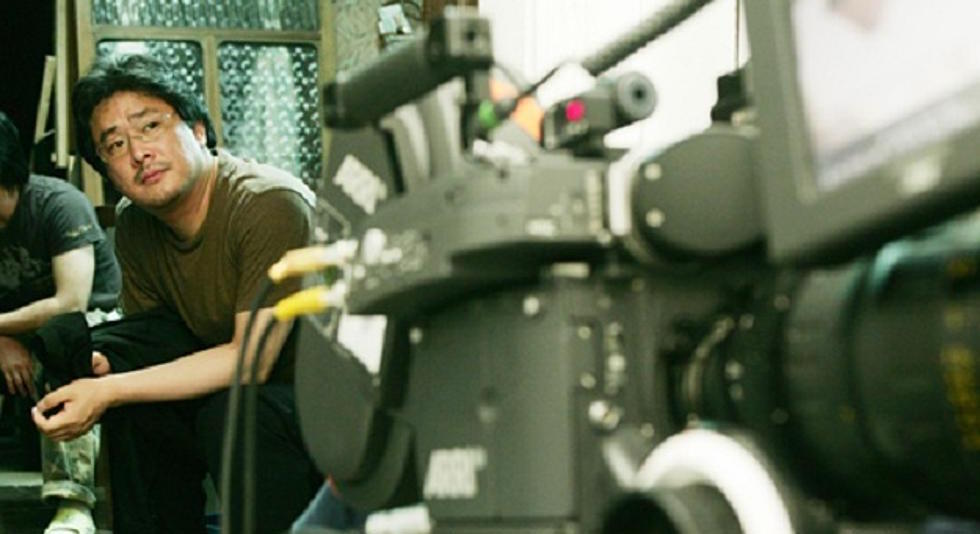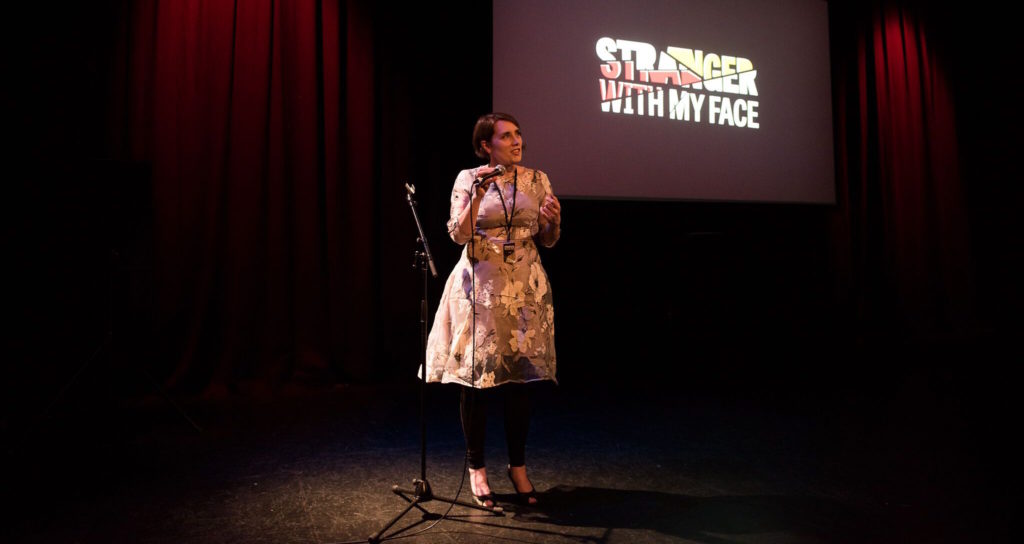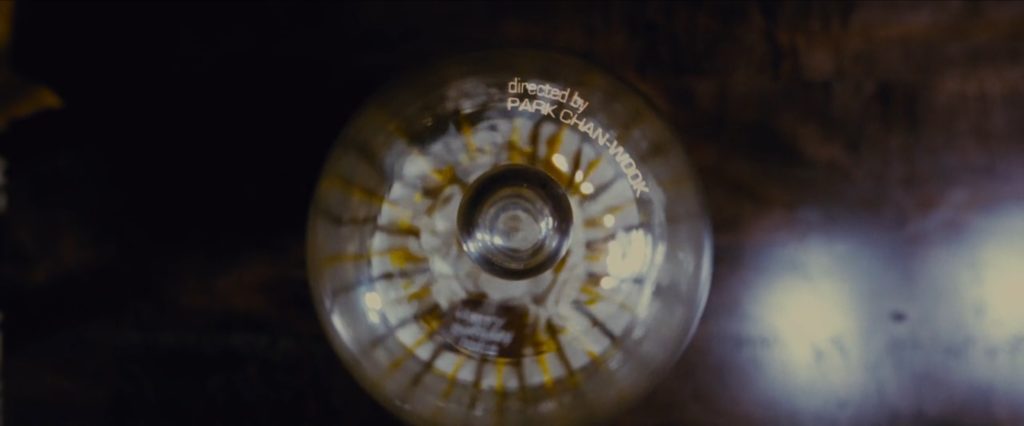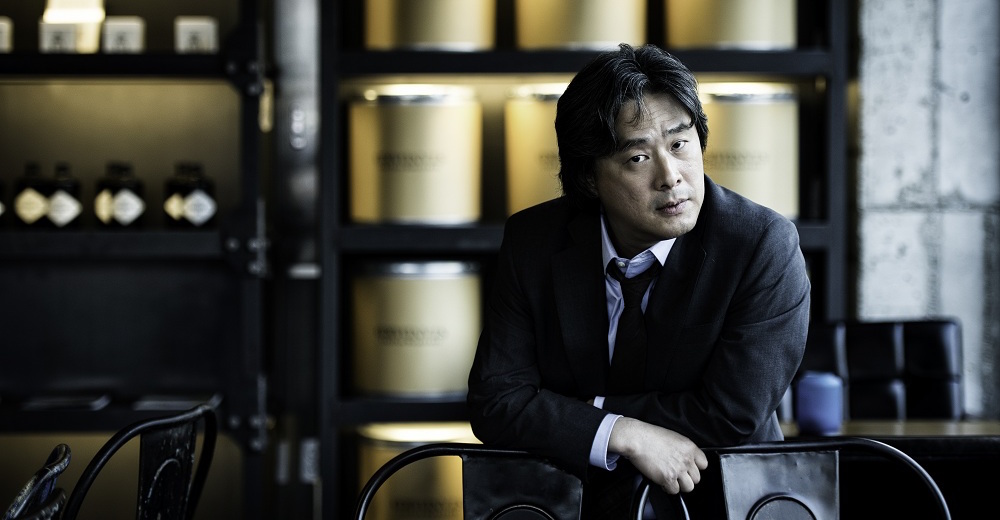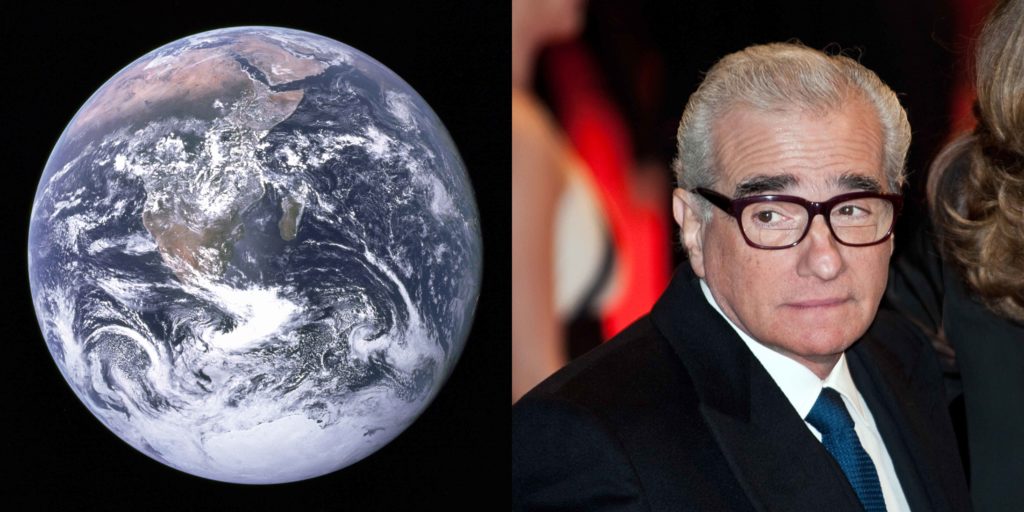
Nine years. 108 episodes. 126 filmmakers. Lots of minutes.
It’s been a brilliant run, but it had to end at some point, and nine years feels like the right number. It’s a lot without dipping into double figures, which feels too many.
That said, there’s an important caveat: this is not necessarily the end of the show. What’s ending is Hyphenates as a monthly series. We’re leaving the door wide open for future episodes, standalone shows that may drop at any moment. You may hear one later this year. Or you might not hear it for a good couple of years. And we don’t even know what format it will take, who will be hosting, how it will sound. Your best bet is to remain subscribed, with an eye on our social media accounts, so you don’t miss out when we suddenly get, say, Quentin Tarantino on to talk about the films of Paul Anthony Nelson. (Watch Trench now on Amazon Prime!)
And we can’t imagine all of you have heard every single episode from our past, so feel free to click on the Index tab up the top of the page and browse our archives. See if there’s a filmmaker or guest you want to catch up. We’ve talked to a lot of cool people about a lot of other cool people, so there’s lots of gold in there.
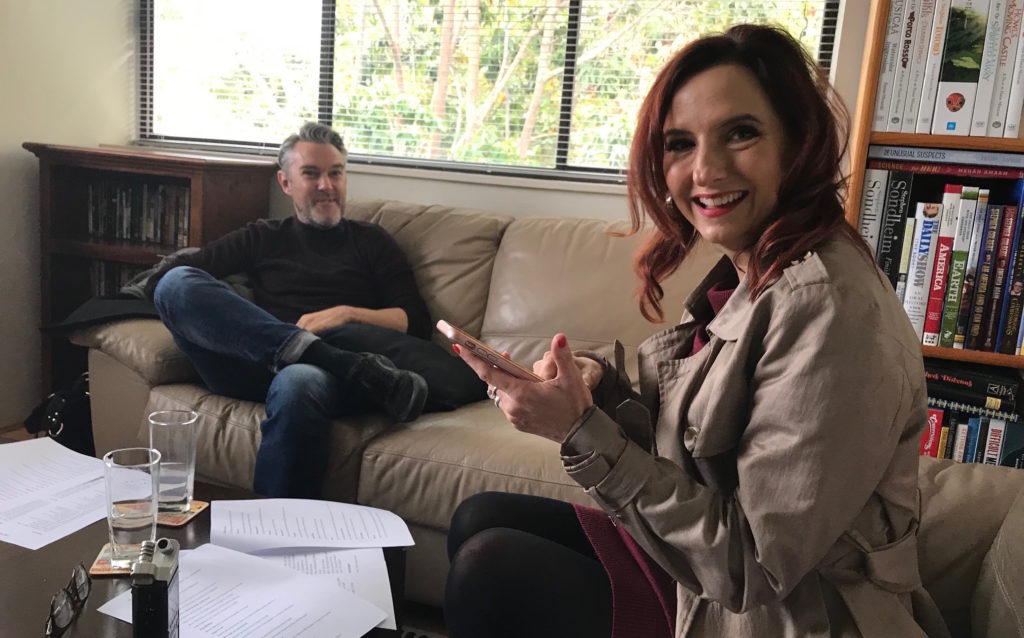
But for now, let’s focus on this month’s episode. You may have noticed that our usually-militant one-hour running time has been blowing out a bit lately. We parted a bit too hard for our 100th episode, and it was hard to maintain the discipline in the months that followed. But for our last show, we really let it fly, with the show clocking in at an epic 222 minutes. That’s 3 hours and 42 minutes.
But fear not, because it’s not just three voices for all that time. We decided to end with a look at the films of Martin Scorsese, one of the few filmmakers who you could legitimately claim every film is somebody’s favourite. And although we didn’t find the person who wanted to spruik Boxcar Bertha above all others, we covered almost every one of his films, without giving any direction or influence to our guests.
A whole bunch of our alumni returned to talk about their favourite Scorsese thing, be it a film, a scene, a shot, or something entirely different. For this episode, we’re joined by Ian Barr, Michael Ian Black, David Caesar, Sarah Caldwell, Thomas Caldwell, Mel Campbell, Tom Clift, Perri Cummings, Guy Davis, Glenn Dunks, Tim Egan, Marc Fennell, Abe Forsythe, Garth Franklin, Rhys Graham, Richard Gray, Giles Hardie, Alexandra Heller-Nicholas, Zak Hepburn, Jon Hewitt, Tegan Higginbotham, Blake Howard, Cerise Howard, Hayley Inch, Briony Kidd, Maria Lewis, Alicia Malone, Shannon Marinko, So Mayer, Pollyanna McIntosh, Drew McWeeny, Simon Miraudo, Anthony Morris, Rhys Muldoon, Josh Nelson, Jennifer Reeder, Eloise Ross, Stephen A Russell, Jeremy Smith, Rohan Spong, Kriv Stenders, Chris Taylor, Brian Trenchard-Smith, Christos Tsiolkas, George Viscas, Andrew Kevin Walker, Sarah Ward, Scott Weinberg, Emma Westwood, and Cate Wolfe.
And, of course, Paul returns, joining Rochelle and Lee for the entire show to help see Hi4H off.
We hope you enjoy this episode. We hope you enjoyed the show. And we’ll see you when we see you.
